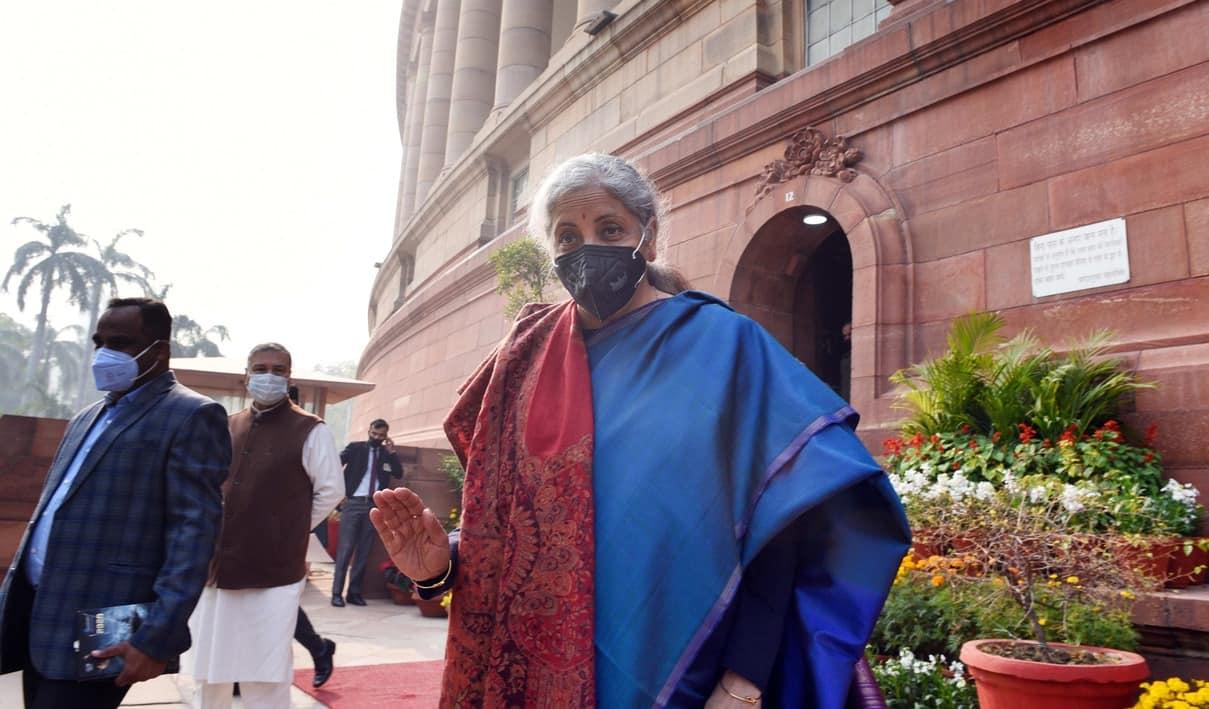The Union finance ministry is currently working on a consultation paper to devise a domestic regulatory framework on how to deal with cryptoassets and will invite comments from public on the same after nearly six months, reported Business Standard.
“At present, we are engaged in consultation with institutions like the International Monetary Fund (IMF), World Bank, and the Financial Stability Board (FSB). While a global consensus on the issue may take time, we are working on a consultation paper on cryptoassets to formulate our own views on the matter. We will release it for public consultation in about six months’ time,” said a finance ministry official.
Although the government has already announced to tax income from the transfer of cryptoassets at 30 per cent in Budget 2022-23, while also imposing tax deducted at source at 1 per cent on the transfer of such assets to capture transaction details, Finance Minister Nirmala Sitharaman was prompt to clarify that this does not make cryptoassets legal in India, BS reported.
The government has also put the crypto Bill that proposed to ban private cryptocurrencies on hold , holding that it is in discussions with multilateral bodies to devise a global consensus on the contentious issue.
In an interview after presentation of the Budget in February, Economic Affairs Secretary Ajay Seth had said that an appropriate regulation requires a fair degree of understanding and simultaneous action with various jurisdictions.
“A ban also requires global understanding and consensus. It was expected that in the course of 2021, a Bill would reach Parliament for consideration. But as we have started expanding our consultation with the stakeholder, there is a realisation that a global understanding is needed to provide an appropriate policy response rather than a short-term response,” he added, wrote BS.
In a joint statement last month, the Group of Twenty (G20) finance ministers and central bank governors, including India, said the body is assessing the benefits and risks to global financial stability arising from the rapid development of technological innovations in the financial sector, including cyber risks and the potential for regulatory gaps and arbitrage posed by cryptoasset markets.
The group also asked the Organisation for Economic Co-operation and Development (OECD) to complete the work on a reporting framework for automatic exchange of information on cryptoassets, to improve tax compliance.
The FSB last month said cryptoasset markets are fast evolving and could reach a point where they represent a threat to global financial stability due to their scale, structural vulnerabilities, and increasing interconnectedness with the traditional financial system. The matter is likely to be discussed again at the World Bank-IMF spring meeting in April.
RBI Governor Shaktikanta Das last month said cryptocurrencies don’t have underlying assets worth a tulip, reminding of the ‘tulip mania’ that took hold of the Netherlands in the 17th century and is widely viewed as the first financial asset bubble.
